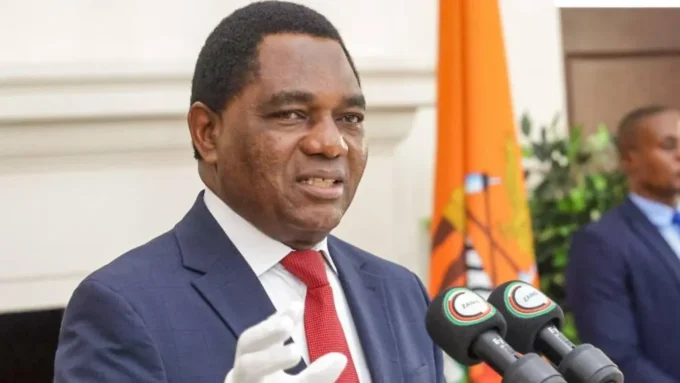French prosecutors have requested a seven-year prison sentence and a €300,000 fine (approximately $325,000) for former President Nicolas Sarkozy over allegations of illegal financing for his 2007 presidential campaign by former Libyan leader Moammar Gadhafi. The prosecution has also proposed a five-year ban on Sarkozy’s civic, civil, and family rights, which would prevent him from holding public office or judicial roles.
Sarkozy, who served as France’s president from 2007 to 2012, faces charges of passive corruption, illegal campaign financing, concealment of embezzlement of public funds, and criminal association. He has consistently denied all allegations.
The case, which began in January and is set to conclude on April 10, is considered the most serious legal challenge Sarkozy has faced since leaving office. The accusations date back to 2011, when both Libyan state media and Gadhafi alleged that Sarkozy’s campaign received millions of euros in secret funding. In 2012, French investigative outlet Mediapart published a Libyan intelligence memo that referenced a €50 million funding agreement, which Sarkozy denounced as a forgery. However, French investigators later deemed the document to be authentic, although conclusive proof of the funds being transferred has not been established.
Further allegations emerged in 2016 when Franco-Lebanese businessman Ziad Takieddine claimed he delivered suitcases of cash from Libya to Sarkozy’s team between 2005 and 2007, only to retract his statement later—a reversal now under investigation as potential witness tampering. Sarkozy and his wife, Carla Bruni-Sarkozy, have both been placed under preliminary investigation in connection with the case.
The trial involves 11 defendants, including Sarkozy’s former ministers Claude Guéant, Brice Hortefeux, and Éric Woerth. However, Sarkozy remains at the center of the case, with prosecutors accusing him of knowingly benefiting from a “corruption pact” with Gadhafi’s regime to finance his presidential campaign.
This case follows two prior convictions for Sarkozy. In 2024, France’s highest court upheld his conviction for corruption and influence peddling, resulting in a sentence of one year under house arrest with an electronic bracelet. He was also convicted of illegal campaign financing in his failed 2012 re-election bid. Despite these convictions, the Libya affair is considered the most politically significant and likely to define Sarkozy’s legacy.
Sarkozy has dismissed the allegations as politically driven and based on fabricated evidence. However, if convicted, he would become the first former French president found guilty of accepting illegal foreign funds to secure office. A verdict is expected later this year.














Leave a comment